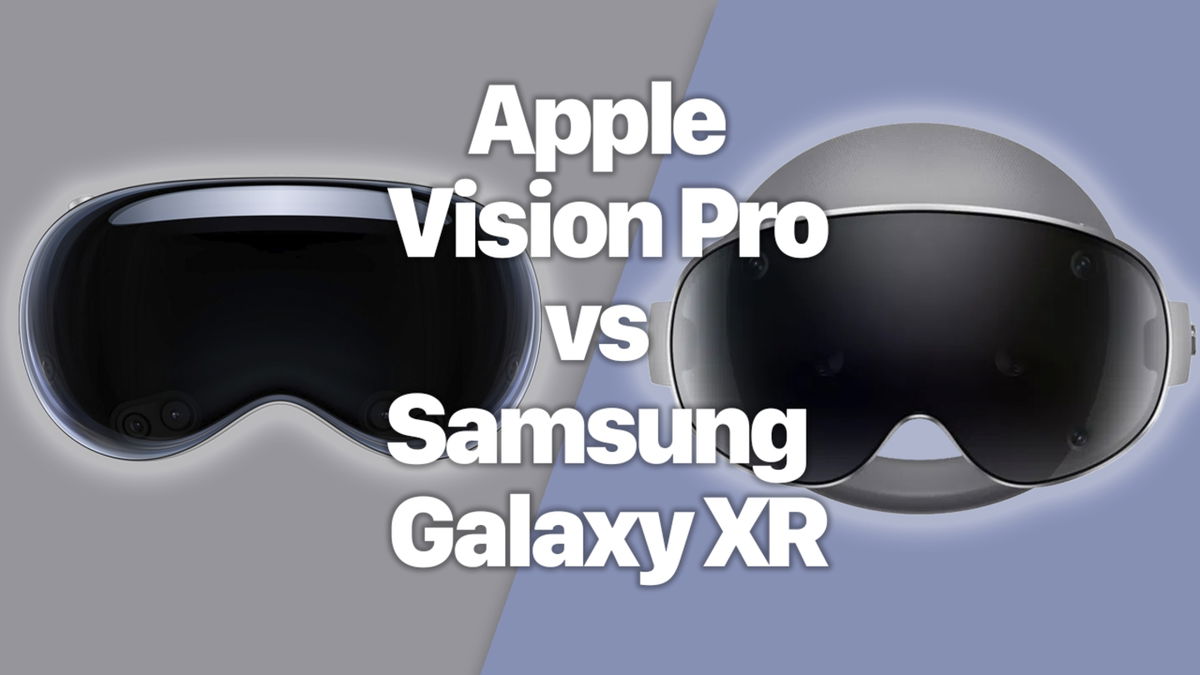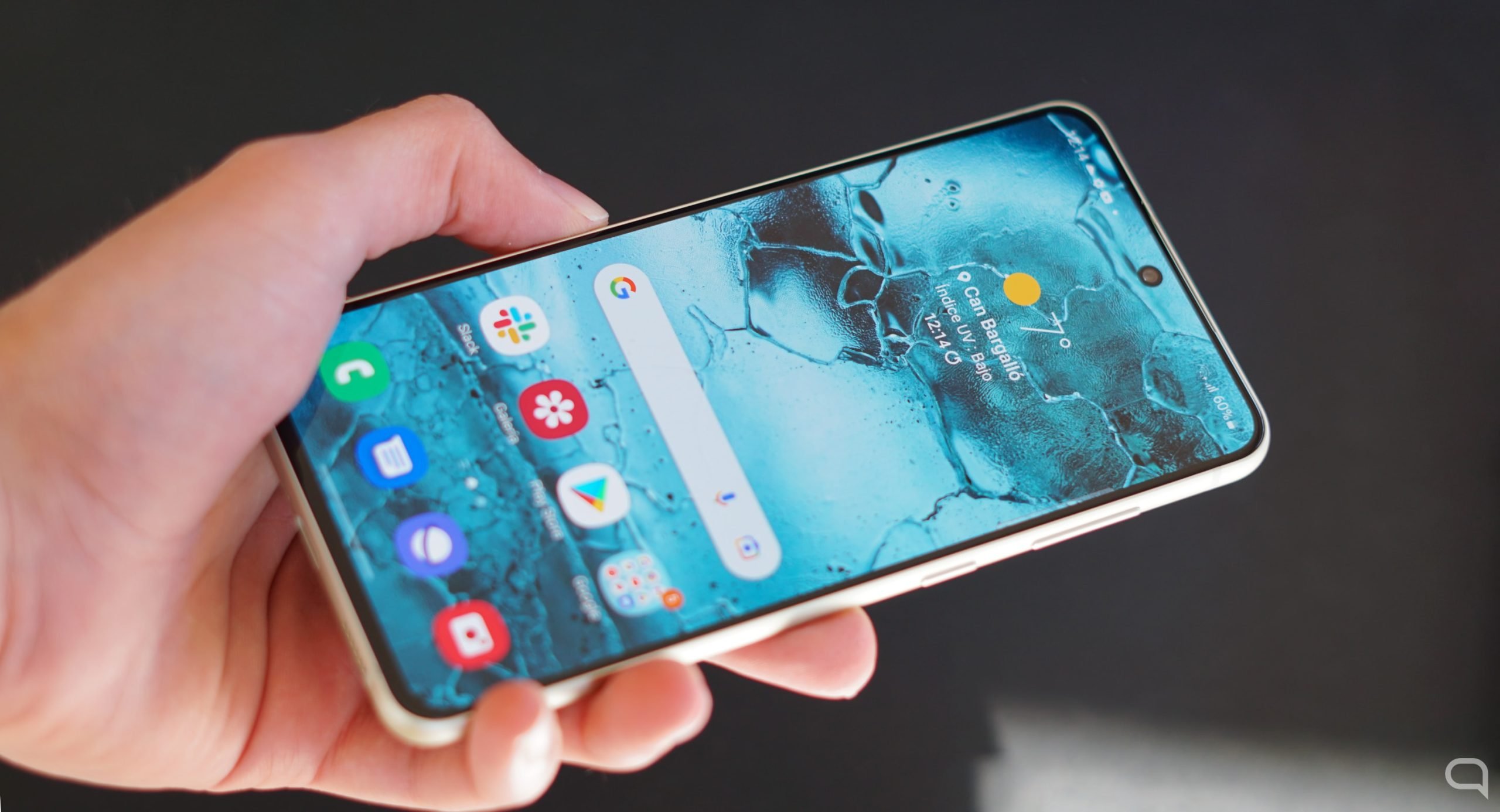Ads related to betting apps and casino games lasted less than 48 hours in the App Store due to criticism from developers who voiced their dissatisfaction.
Apple announced this week that it will be possible promote apps in the store according to the recommendations offered on the download and description pages of each app. The problem is that they all quickly filled up with recommendations for casino games, bookmakers or adult apps.
Developers such as Marco Arment, who is responsible for the popular podcast player Overcast, expressed their dissatisfaction that their work was related, albeit indirectly, to practices that morally bankrupt.
The problem is that this function was released without much filter. Looking for a reading app or want to download Disney+ for your child? Here, I think you will love this betting app. In one case seen on social media, betting apps were even advertised on the product page of an app that does just the opposite.
This is a situation that convinces no one. even less when Apple has usually been careful about privacy and user experience. your clients. This is one of its differential factors. And always protected.
For now, Apple has stopped, which it hasn’t stopped, announcements of this type of category. They will need to better limit in what context it is appropriate to show ads in gambling apps, if such a context exists.
Why do they want to advertise right now?
That Apple, which has almost $50 billion on hand, has to resort to advertising in its store may seem annoying to consumers and developers. But The service sector is one of the most important activities of the company, and it will become increasingly relevant as the iPhone refresh cycle gets longer and longer, the industries in which Apple is present are beginning to mature, and the global economic environment is not one of optimism in the medium or short term. term. Increasing service revenue is a way to make up for possible declines in other divisions, or simply to increase the company’s growth.
App store also very profitable business. This is the only store for iPhone and iPad, and from any payment in it or in the applications themselves, Apple takes a commission of 15% to 30%. Something that companies like Spotify, Netflix or Epic Games consider abusive and monopolistic practices.
The App Store was originally designed so that the iPhone experience was never compromised by malicious spam or virus apps; This was necessary to protect the consumer. Now, indirectly, this philosophy has made it the perfect business because it’s the only outlet for one of the biggest digital markets in the world: iPhone and iPad users. Apple controls who gets in, who gets out, how much everyone has to pay, and now even the ads inside of it.
The introduction of an advertising team was announced earlier this year, and started with related ads only in search boxes. What income did it turn into? hard to fathom What we do know is that Apple made over $68,000 million from the App Store, iCloud, and other services during 2021. A division that also groups advertising revenue.
Interestingly, Apple got into the advertising business in earnest shortly after seriously hurting some of its competitors with “do not track” options implemented in iOS, macOS and Safari, among others, that make it difficult for companies like Facebook. Randomness does not mean causation, yes.

Advertising is a complex garden; Apple has a challenge to get into it without being corrupted
Apple wants to enter the advertising market because it has all the resources to do so, and because it’s one of the ways it can continue to grow despite the pessimistic economic outlook. It has over 1800 million active devices., so the opportunity to increase revenue through the App Store cannot be underestimated. On Wall Street, they’re probably happy with this new line of business, but the restrictions on how and how far to expand it need to be very strict if Apple doesn’t want to damage something it’s cared about for years with this new line of business. : the experience of their customers. .
Most likely what happened it was an oversight, not dishonesty. But it’s important to remember that Apple is not the kind of Asian manufacturer that sells at a loss or at a small markup and then tries to cash in on advertising. It’s also not a laptop manufacturer that sells almost at cost and includes pre-installed apps in exchange for commissions. Apple does have a notable profit margin on every one of the products it sells – in part because they tend to position themselves in higher ranges.
The consumer, choosing an Apple product, pays not only for a good camera or a good external design, he does it also because he appreciates the experience that the product gives him. Refinement, attention to detail, privacy, simplicity, good design… these are some of the values the brand has always stood for. Reasons why many people prefer one Apple product over another.

this philosophy inconsistent with omissions like what we saw in casino ads.. And thankfully, Apple was quick to respond to the criticism. However, this neglect reflects the difficulty of implementing advertising without hurting those who have been the mainstay of the company for years.
When Jobs came up with the idea advertising within Apple was based on the premise that ads are relevant and non-irritating.. This was their iAd service, which has not been used since 2016. And yes, good advertising can be done. A consumer looking for a podcast app may want to see an advertised app that better suits their preferences, but they will always feel annoyed or deceived when they see something advertised that is irrelevant or directly contrary to their values.
Thinking short term, Excel in hand, watching prices and revenues rise can ruin a reputation built years into the future. Apple therefore You must be very careful to maximize this possible income without violating the unwritten limits. set by consumers themselves when using their products. Greed can break the bag.
Source: Hiper Textual
I am Bret Jackson, a professional journalist and author for Gadget Onus, where I specialize in writing about the gaming industry. With over 6 years of experience in my field, I have built up an extensive portfolio that ranges from reviews to interviews with top figures within the industry. My work has been featured on various news sites, providing readers with insightful analysis regarding the current state of gaming culture.














